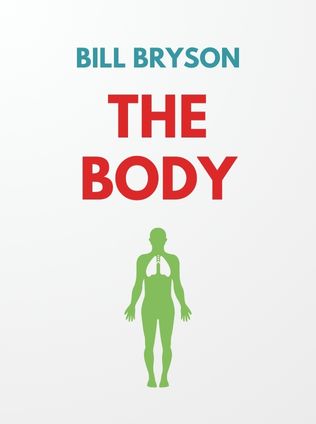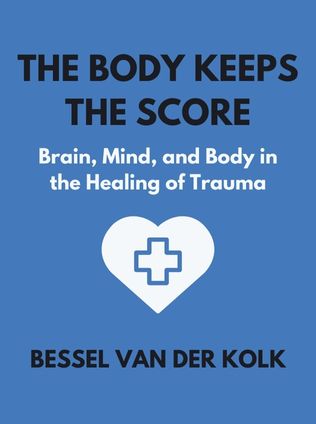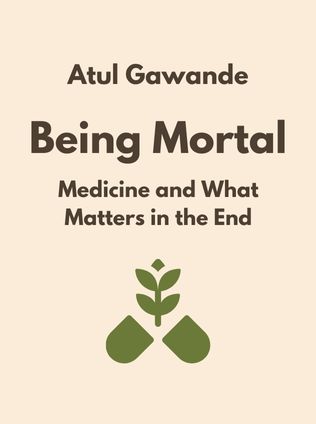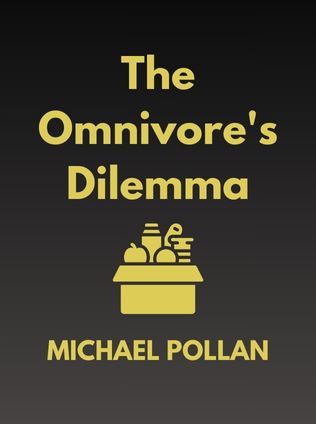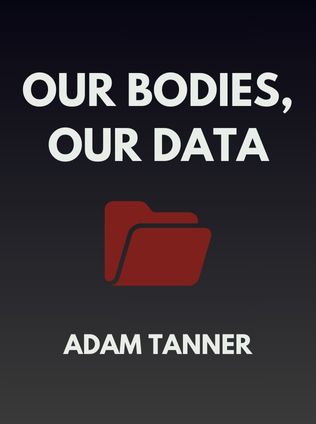
Our Bodies, Our Data
How Companies Make Billions Selling Our Medical Records
By Adam Tanner
Published 01/2017
About the Author
The author of "Our Bodies, Our Data" is an ardent defender of privacy rights, particularly in the context of healthcare. With a background in investigative journalism and an extensive understanding of the intersection between technology and privacy, the author has meticulously examined the complex world of data brokerage. This book is the culmination of years of research and a deep commitment to raising awareness about how personal health information is being commodified in the digital age. Their work has inspired discussions among privacy advocates, policymakers, and the public about the need for stronger protections for personal data, especially as it relates to health and medical records.
The author’s approach is both analytical and empathetic, recognizing that the issue of data privacy is not just about abstract concepts but about real people whose lives can be affected by the misuse of their personal information. Their writing is both a call to action and a guide, offering readers the knowledge they need to protect themselves and advocate for broader change. By combining rigorous research with a compelling narrative, the author has created a work that is not only informative but also deeply engaging.
Main Idea
"Our Bodies, Our Data" dives into the murky world of data brokerage, a multi-billion dollar industry that thrives on the collection and sale of de-identified medical data. The book reveals how our most sensitive health information is harvested by various entities within the healthcare system and then stripped of direct identifiers before being sold to third parties. These third parties, which include pharmaceutical companies, insurers, and even marketers, use this data for a variety of purposes, from targeted advertising to industry analysis and beyond.
The central thesis of the book is that the de-identification of data, while seemingly a protective measure, is often insufficient to guarantee anonymity. The author argues that the current methods of de-identification are deeply flawed and that with enough data points, it is possible to re-identify individuals. This poses significant risks to privacy, as once data is re-identified, it can be used in ways that individuals never consented to, such as for discriminatory purposes or in ways that could harm their financial and social standing.
Moreover, the book highlights the ethical implications of data commodification. It questions the morality of treating personal health information as a product that can be bought and sold without the explicit consent of the individuals to whom the data belongs. The author urges a reevaluation of the laws and practices that currently govern the handling of medical data and advocates for stronger protections to ensure that privacy is not just an afterthought but a fundamental right.
Table of Contents
- Introduction
- The Rise of Data Brokerage
- How Medical Data is Collected
- The Process of De-Identification
- Who Buys and Sells Your Data
- The Risks of Re-Identification
- Legal and Ethical Implications
- Protecting Your Data: What Can Be Done?
- Conclusion
Introduction
The concept of data privacy has become increasingly complex in our digital world. With the advent of electronic health records (EHRs), the collection, storage, and sharing of medical data have become integral to modern healthcare. However, as this book reveals, the very systems designed to streamline healthcare and improve patient outcomes have also given rise to an industry that treats our most personal information as a commodity.
Imagine walking into a doctor’s office, confident that the information you share will be kept confidential. Now, imagine that this information is being collected, anonymized, and then sold to the highest bidder. This is not a dystopian future—it is the present reality for millions of patients around the world. "Our Bodies, Our Data" exposes this hidden industry, shedding light on how our data is used and the potential consequences of its widespread dissemination.
The author begins by explaining the scale of the data brokerage industry and its impact on our privacy. Companies like IQVIA, one of the largest players in the field, boast about having access to hundreds of millions of patient records. These records are used to track everything from pharmaceutical sales to social media trends, painting a detailed picture of our health behaviors. The implications of this data collection are profound, raising questions about who truly owns our health information and how it should be used.
As we delve deeper into the book, we encounter a range of issues that are both technical and ethical. The author challenges us to reconsider our assumptions about privacy and to question the practices that have become normalized in the age of big data. Through careful analysis and compelling examples, the book provides a thorough examination of the risks and challenges associated with the commodification of health data.
The Rise of Data Brokerage
Data brokerage is a vast and largely unregulated industry that has grown exponentially in recent years. At its core, data brokerage involves the collection, processing, and sale of data. In the context of healthcare, this data includes everything from patient records to prescription histories and even information gathered from wearable health devices.
The rise of data brokerage can be traced back to the digitization of health records. With the introduction of electronic health records (EHRs), it became possible to store vast amounts of medical data in digital form. This data, when de-identified, could be sold without violating laws like the Health Insurance Portability and Accountability Act (HIPAA), which protects patient privacy. However, as the book illustrates, the protections offered by HIPAA are insufficient to safeguard our privacy in the digital age.
Sign up for FREE and get access to 1,400+ books summaries.
You May Also Like
Rich Dad Poor Dad
What the Rich Teach Their Kids About Money - That the Poor and Middle Class Do Not!
By Robert T. KiyosakiFreakonomics
A Rogue Economist Explores the Hidden Side of Everything
By Steven D. Levitt and Stephen J. DubnerThe Body Keeps the Score
Brain, Mind, and Body in the Healing of Trauma
By Bessel van der KolkFactfulness
Ten Reasons We're Wrong About the World – and Why Things Are Better Than You Think
By Hans Rosling










